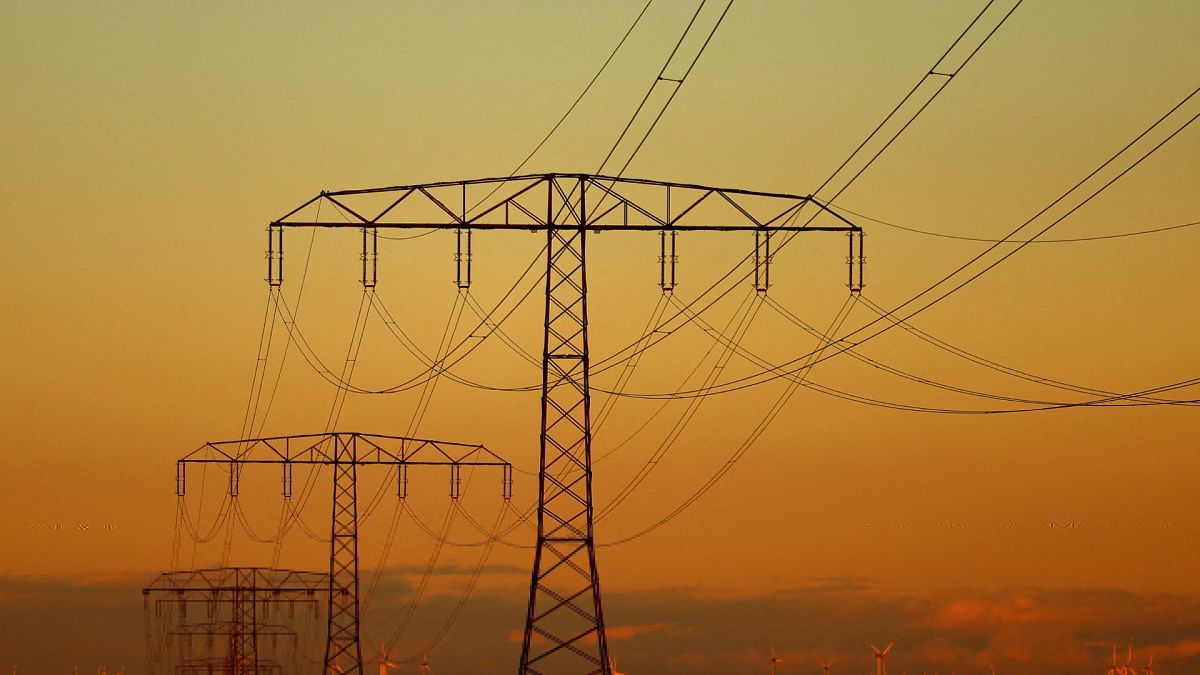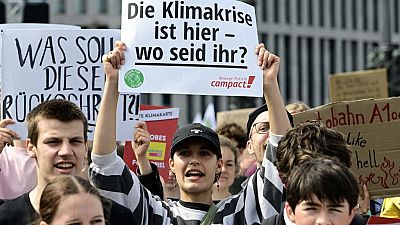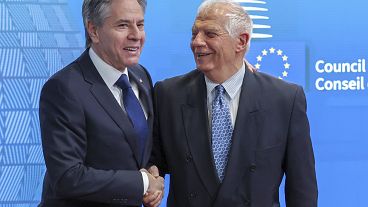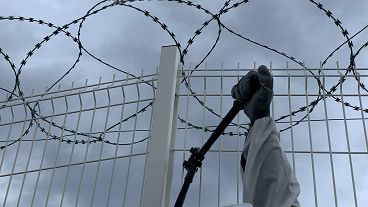The draft law would apply to both private and public sectors.
Germany plans to cut energy consumption by 26.5 per cent by 2030 compared to 2008.
The plan, laid out in a draft law by the country’s ruling coalition, applies to both private and public sectors.
The country has been pushing more ambitious energy saving measures since last year after Russian sanctions plunged Europe into an energy crisis.
How much energy did Germany save last year?
Last year, the European Union placed sanctions on Russian oil and gas imports in response to the invasion of Ukraine. This led to fears of blackouts in many countries in Europe.
As well as ramping up renewable energy production, countries introduced energy saving measures to avoid shortages.
A government campaign urged Germans to cut winter energy use by 20 per cent. Heating for private swimming pools was banned in the country and people were encouraged to work from home.
Before the crisis, between 2008 and 2020, Germany's energy savings stood at less than six per cent.
Germany is ramping up energy saving measures this year
This month, the German cabinet is due to pass a new law requiring even greater energy savings.
Under the draft law, it will be obligatory for the public and private sectors to cut their energy consumption by 26.5 per cent by the end of the decade, compared to 2008 levels.
Companies that use a certain amount of energy will be required to use so-called ‘energy management systems’ to plan consumption over the longer term.
Germany's government must make savings of 45 terawatt hours (TWh) per year. Federal states must collectively cut 5 TWh annually to reach Germany’s net zero target by 2045. The country used around 500 TWh of electricity overall in 2021.
The draft law also sets unbinding reduction targets of 39 per cent by 2040 and 45 per cent by 2045.
Germany has the highest solar capacity target in the EU (215GW) - aiming for an 80 per cent renewable share by 2030.
The country has also cut red tape for renewables projects, allowing wind power plants to be built more rapidly.



